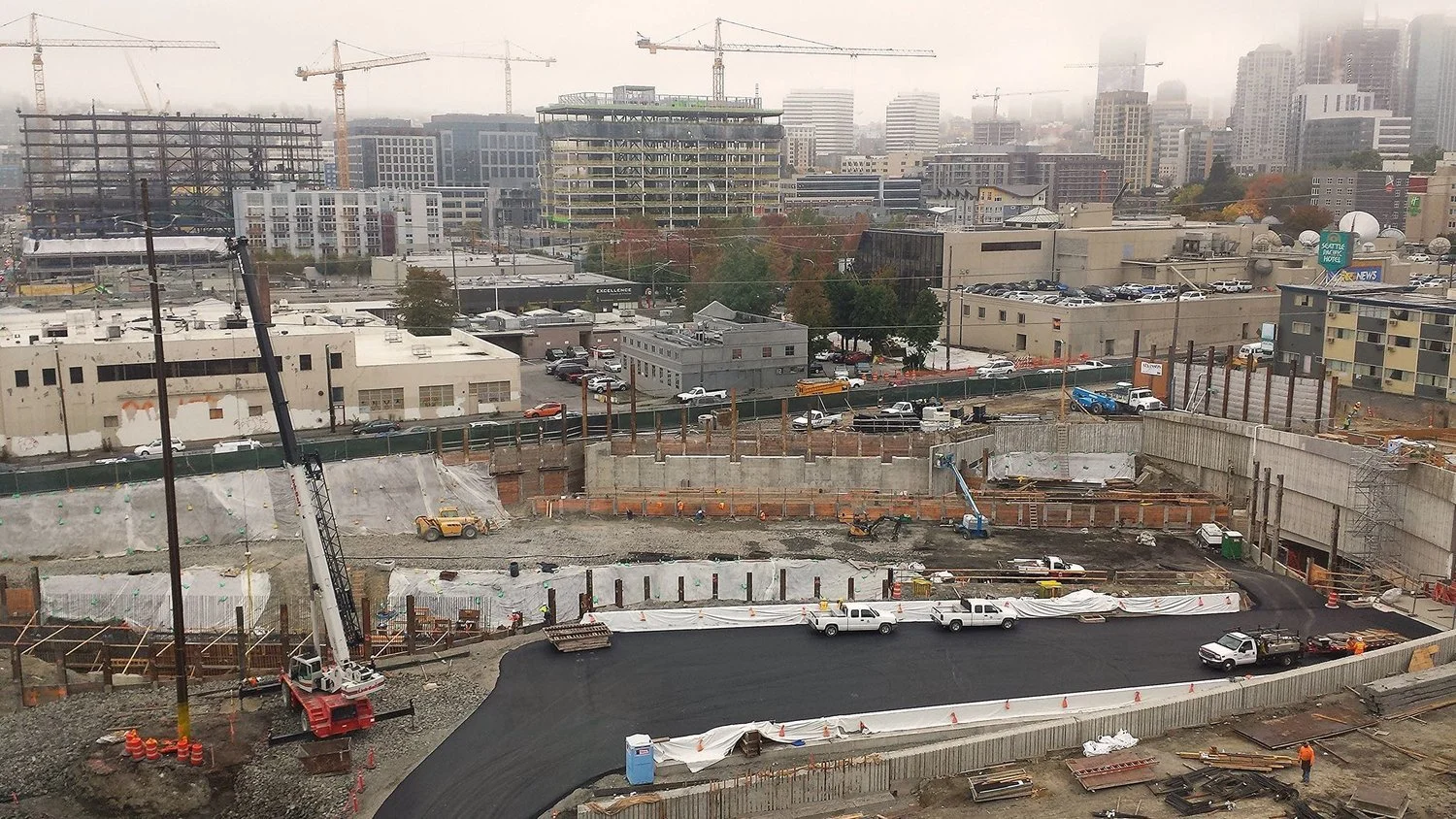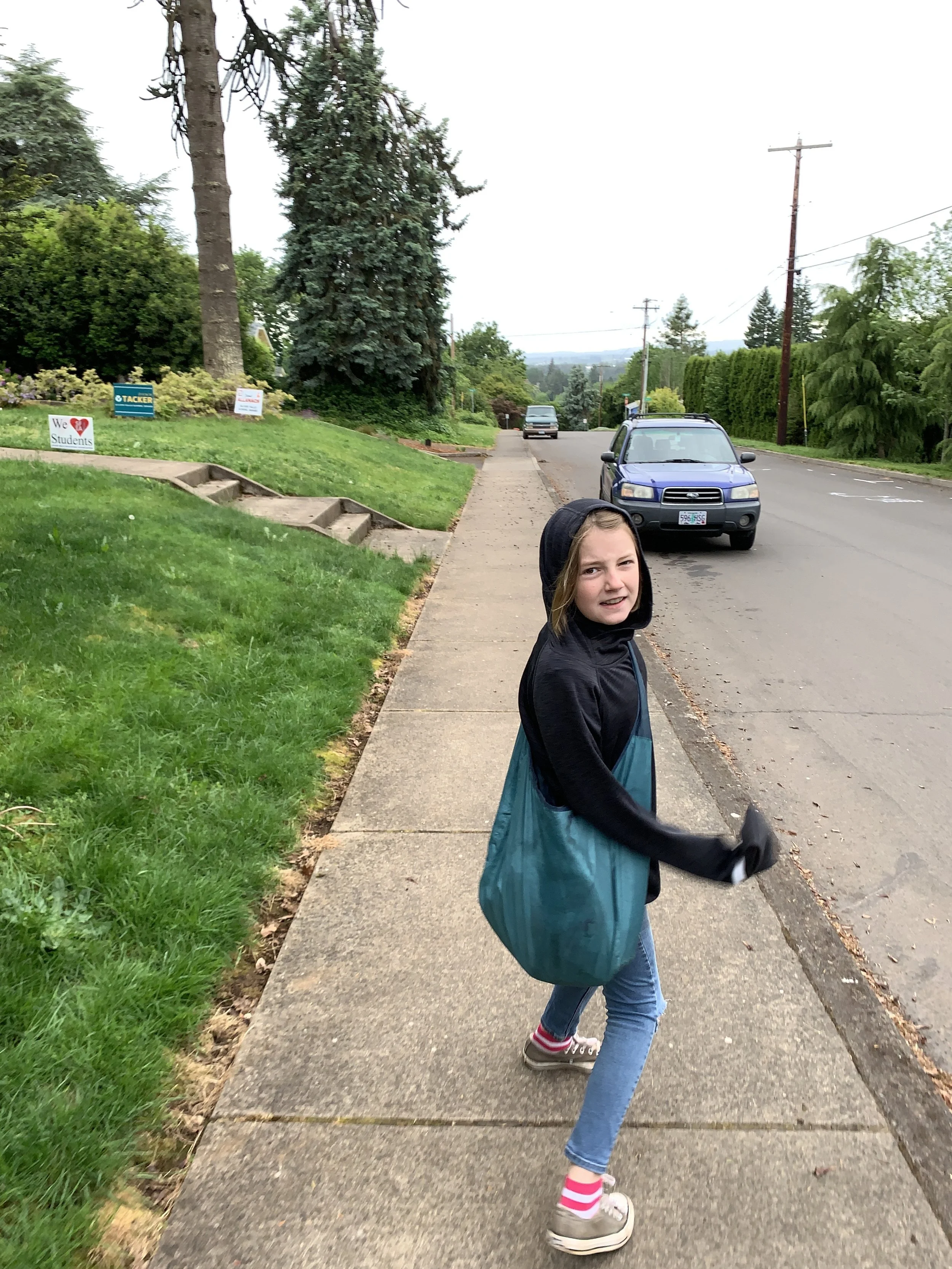If you’ve ever seen an underused property and thought, “Why doesn’t someone do something with that?”—take a look at this church in Texas.
Read MoreIn this episode, Chuck explores the flawed nature of North America’s current “housing bargain,” where most neighborhoods are allowed to stay exactly the same as long as some neighborhoods are forced to radically change. (Transcript included.)
Read MoreFor decades, we've been living under an unspoken grand bargain when it comes to housing. Most people don’t think about explicitly, but it shapes nearly every conversation we have about growth, change and affordability in our cities and towns. It’s time to change the conversation.
Read MoreChange can be scary and off-putting, and the construction of houses that don’t fit into an existing neighborhood — in this case because of size — can be a source of tension. But a change in neighborhood scale can be a good thing, as larger houses allow for important flexibility in housing options, like multigenerational and multifamily living.
Read MoreNo city is an island, and no city can judge its place in the housing crisis based solely on local demand. They must also consider how their restrictive policies may be driving housing demand to other places — or how other cities may be driving demand to them.
Read MoreThe unique planning and eclectic architecture of Savannah, GA, provide a PhD education on urban design—but there are also cautionary tales about development to be gleaned from this historic city.
Read MoreResidents of Douglas Park in Vancouver have blocked the expansion of a local day care, citing it as a threat to the residential character of the neighborhood.
Read MoreThe idea of a permanent community “character” was an invention of the suburban era, and it's showing its cracks now—because it was never an attainable or desirable goal.
Read MoreIn this interview with author Majora Carter, she explains an empowering truth: that you don’t have to move out of your neighborhood to live in a better one.
Read MoreThis week’s Upzoned episode reflects on how the nuances of housing policy don’t lend themselves to broad stereotypes.
Read MorePerceived threats to a home's value often prompt homeowners to shut down any discussion about neighborhood changes. But eliminating opportunities for such reactions isn’t helpful, either.
Read MoreThe belief that we’re going to radically transform our cities from the top down defies reality. Despite widespread anxiety about urban growth and change, the vast majority of places aren’t changing very much at all.
Read More“No neighborhood should be exempt from change. No neighborhood should be subjected to radical change.” Let’s examine what this core Strong Towns principle actually means.
Read MoreResidents of this Houston neighborhood thought they were winning the lottery with a government-sponsored infrastructure project. Instead, they endured a seven-month-long nightmare.
Read MoreOne of the realities about cities is that they change—but in America, most cities are trapped in a regulatory environment that makes change extremely costly.
Read MoreThe way we grow our cities today produces a few winners and many losers. Here's how to get back to places that serve all of us.
Read MoreMore research from the Upjohn Institute, following an attention-grabbing study last year, helps us understand the cause-and-effect chains that result when a new apartment building opens in a low-income area.
Read MoreWe asked the Strong Towns community what their "neighborhood resolutions" are for 2020. This is what they said.
Read MoreGet in shape. Get organized. Read more. Most New Year’s resolutions are focused on personal improvement. These are important, but what if this year we resolved to improve our places too?
Read MoreI asked my daughter a simple question on the way to school one morning. Her response gave a valuable kids-eye-view of the neighborhood…both as it is and as it could be.
Read More



















